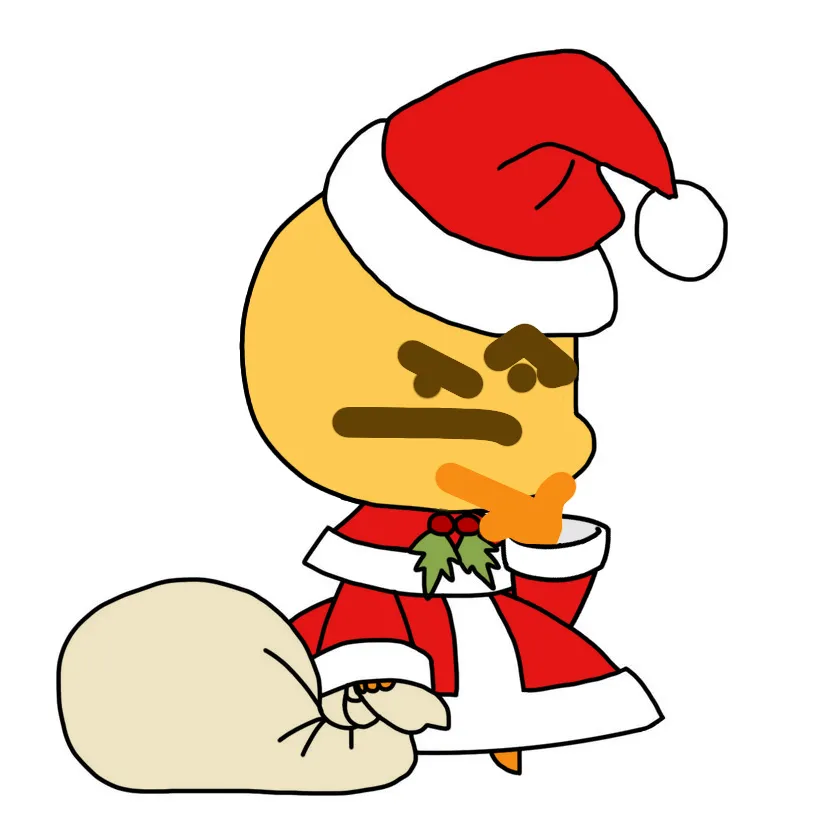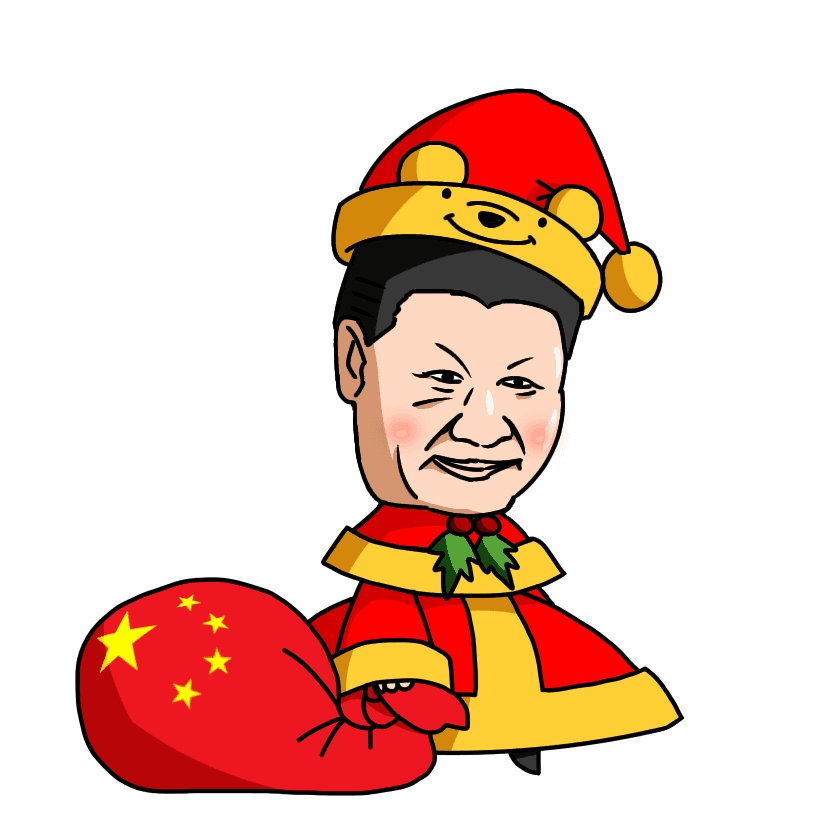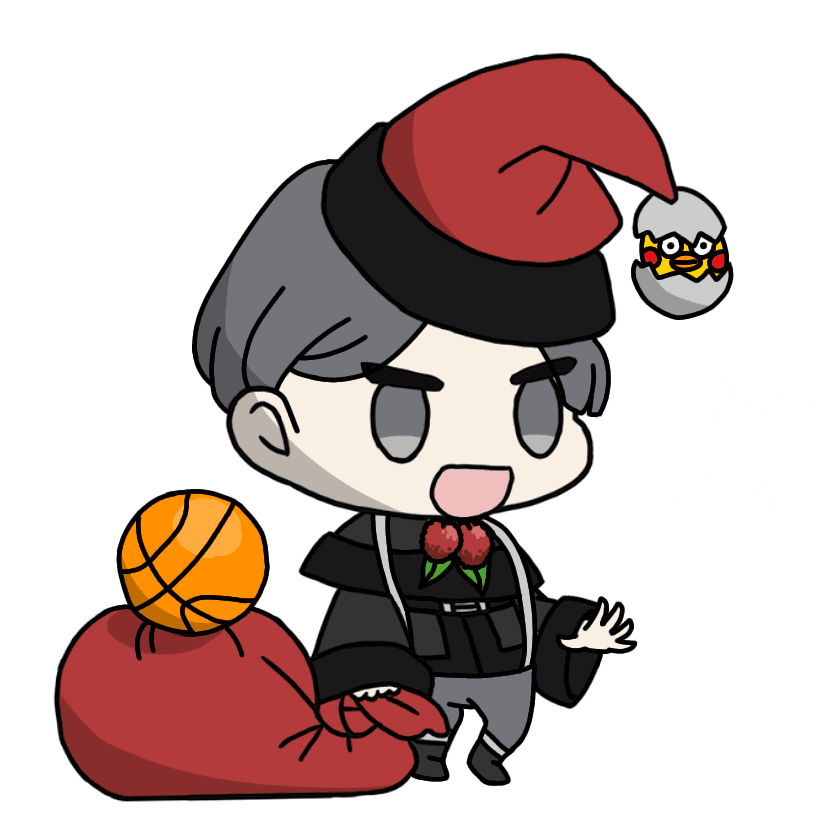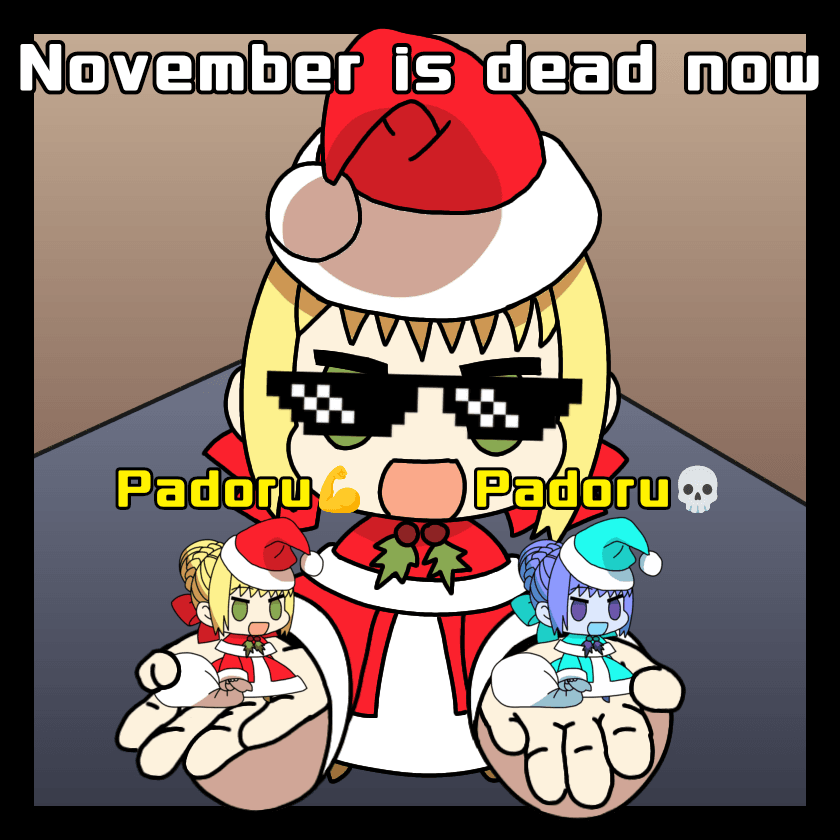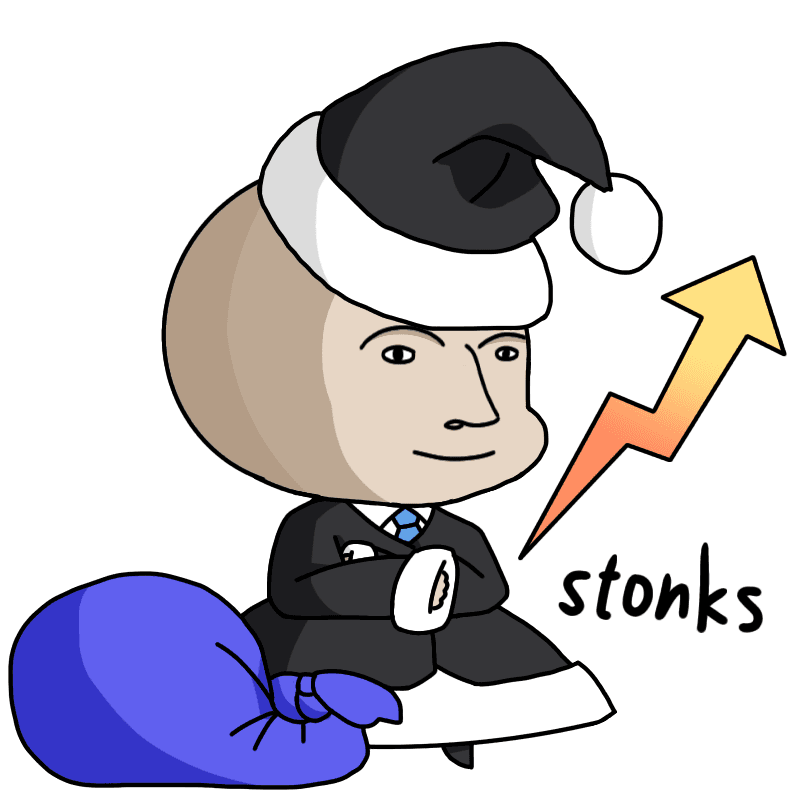Internet meme
インターネット・ミーム
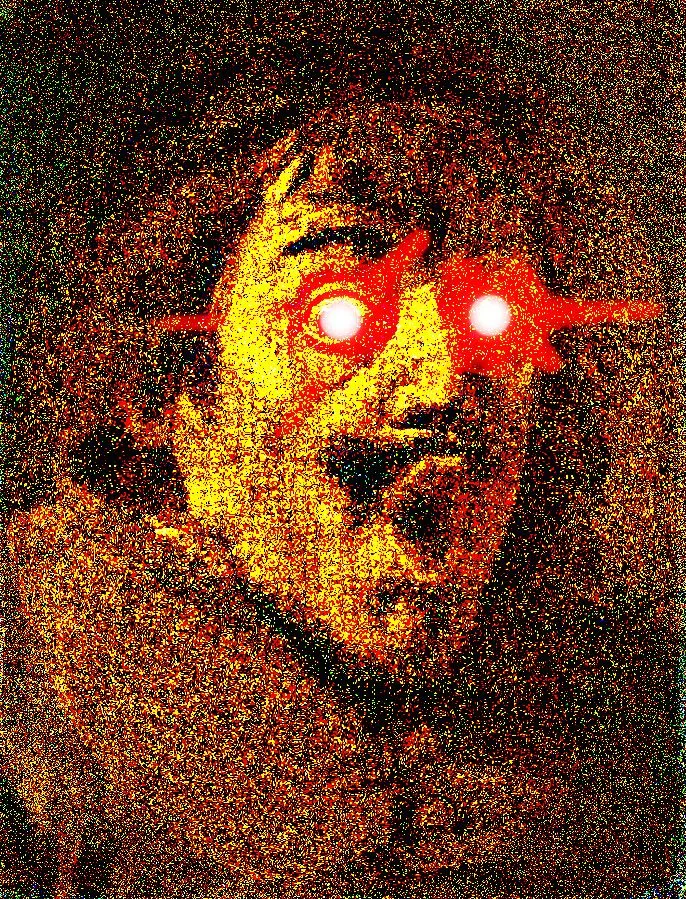
An Internet meme, or meme (/miːm/, "MEEM"), is a cultural item (such as an idea, behavior, or style) that spreads across the Internet, primarily through social media platforms like YouTube, Twitter, and Reddit. Internet memes manifest in a variety of formats, including images, videos, GIFs, and other viral content. Key characteristics of memes include their tendency to be parodied, their use of intertextuality, their viral dissemination, and their continual evolution. The term "meme" was originally introduced by Richard Dawkins in 1972 to describe the concept of cultural transmission. The term "Internet meme" was coined by Mike Godwin in 1993 in reference to the way memes proliferated through early online communities, including message boards, Usenet groups, and email. The emergence of social media platforms such as YouTube, Twitter, Facebook, and Instagram further diversified memes and accelerated their spread. Newer meme genres include "dank" and surrealist memes, as well as short-form videos popularized by platforms like Vine and TikTok. Memes are now recognized as a significant aspect of Internet culture and are the subject of academic research. They appear across a broad spectrum of contexts, including marketing, economics, finance, politics, social movements, religion, and healthcare. While memes are often viewed as falling under fair use protection, their incorporation of material from pre-existing works can sometimes result in copyright disputes.
